Pequeno Zine Illustrado / Elisa Alcade @ Motto Berlin. June 6, 2023.
Posted in Uncategorized on June 5th, 2023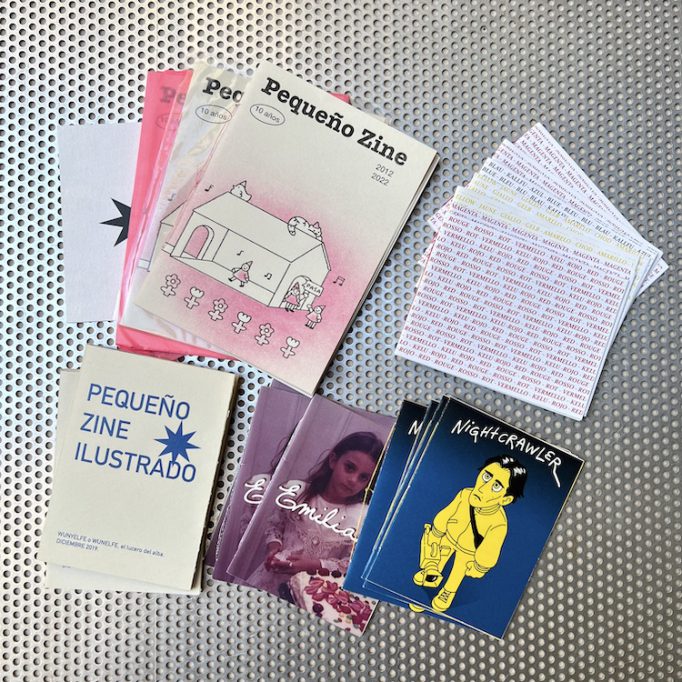
Pequeno Zine Illustrado / Elisa Alcade @ Motto Berlin. June 6, 2023.
From 7pm!

Pequeno Zine Illustrado / Elisa Alcade @ Motto Berlin. June 6, 2023.
From 7pm!
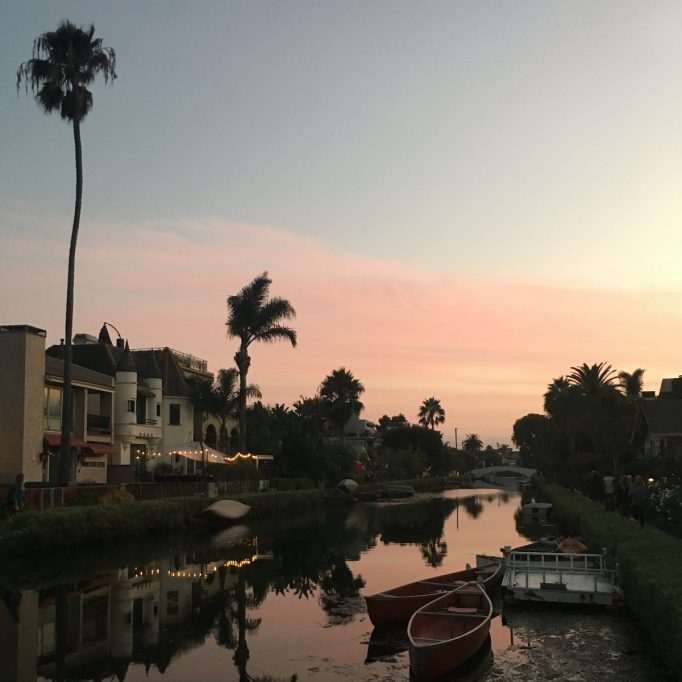
»Chromacolor« is one of those records that immediately feels like home even though it is hard to locate stylistically. Written and recorded by Hanno Leichtmann in Berlin and Madeira between 2020 and 2022, it draws on rhythmic minimalism as a guiding principle and might call to mind organic, instrument-based ambient music, but also incorporates jazzy moments as well as Annie Garlids multi-layered vocals that permeate through these nine pieces.
The foundation for Leichtmann’s Chromacolor project was laid when the prolific Berlin-based producer, musician, and drummer borrowed a vibraphone and a Fender Rhodes from two friends. Combining their unique sonic affordances with those of a Guitaret, an electric lamellophone, he further expanded his sound palette by inviting other musicians—Anthea Caddy, Sabine Vogel, Tobias Delius, Els Vandeweyer, Sabine Ercklentz, Mike Majkowski, Andrei Ladeishchikov, Oona Farchy, Gonçalo Caboz as well as Rafael and Hugo Andrade—to play small but vital parts in the production of the album.
The opener »Kisses and Wine« masterfully sets the tone for an album that is as inviting as it is challenging. Working with relaxed repetitive rhythms, Garlid’s anthemic vocals and a sprinkle of saxophone and flute tones courtesy of Delius and Vogel, respectively, as well as tender piano notes played by Leichtmann, it evokes a lot with only few means: a certain melancholy, but also an elevated atmosphere that feels both exuberant and restrained. Leichtmann’s elegant study of the power of repetition, minute rhythmic shifts and subtle use of melodic and harmonic elements creates ambiguities and polyvalences like these throughout the entire record, up until its understated finale, aptly titled »A Beautiful Day«—a drone-jazz piece, if you will, both longing and joyful. As an album, »Chromacolor« is hard to pigeonhole, but rich and rewarding. All it takes is immersing yourself in it.
Order here
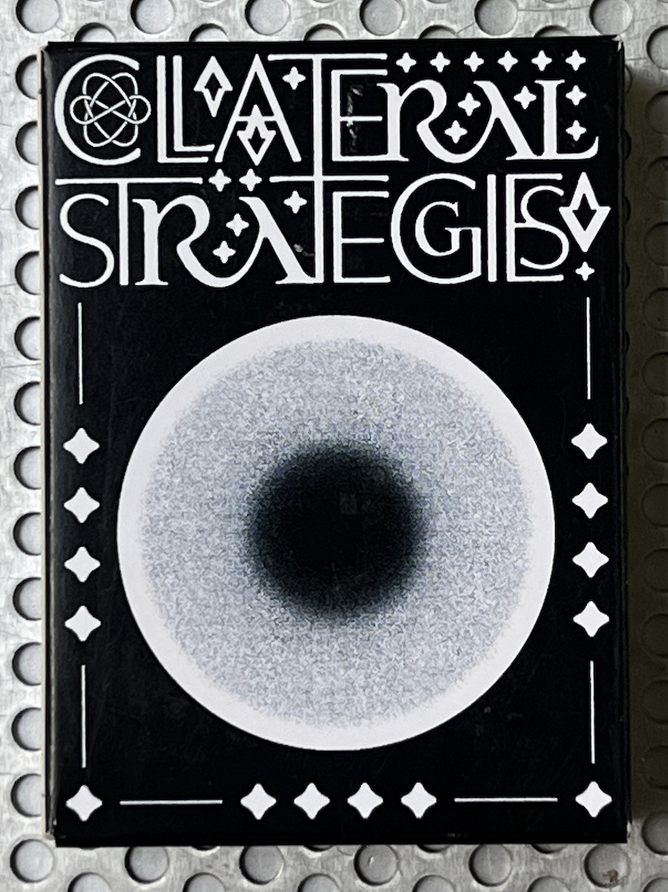





Stuck on a blank canvas? Collateral Strategies is here to help.
Our collection of 55 evocative cards, each containing a unique claim, is tailored to overcome creative blocks and inspire new perspectives. Each card features a thought-provoking statement that any creative person can interpret. Simply draw one card, let it inspire you and elevate your designs to the next level.
Innovative design requires innovative tools that foster experimentation and lateral thinking, and Collateral Strategies aims to be just that. A perfect addition to your creative arsenal.
Unlock your creative potential with Collateral Strategies. 1 deck, 55 high quality evocative cards, 55 evocative claims.
Whenever you encounter a creative block, just draw one card and let its claim inspire you. Elevate your design to the next level.
55 cards, 100% creative inspiration.
Order here
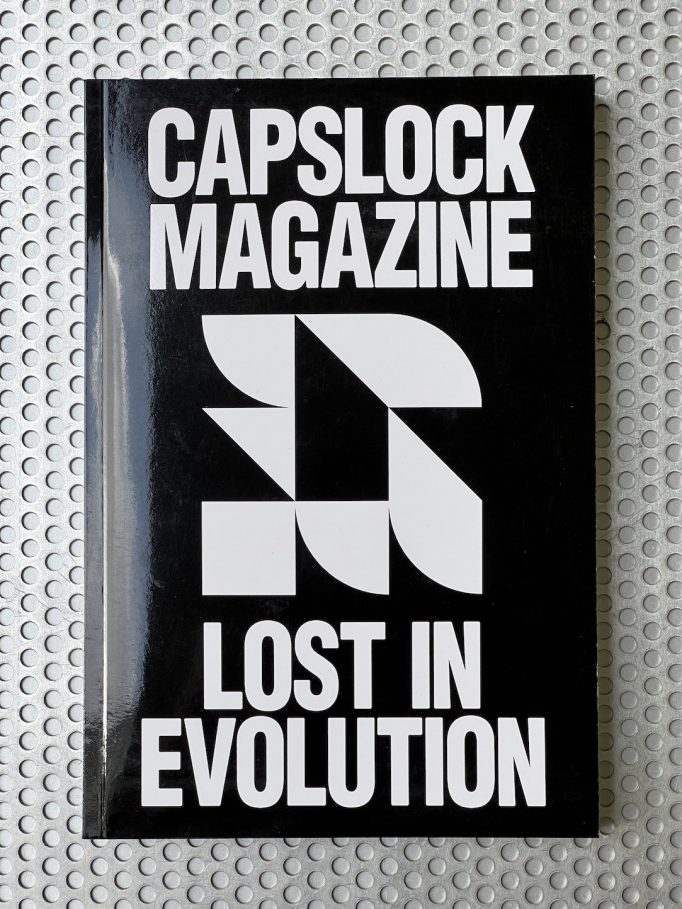
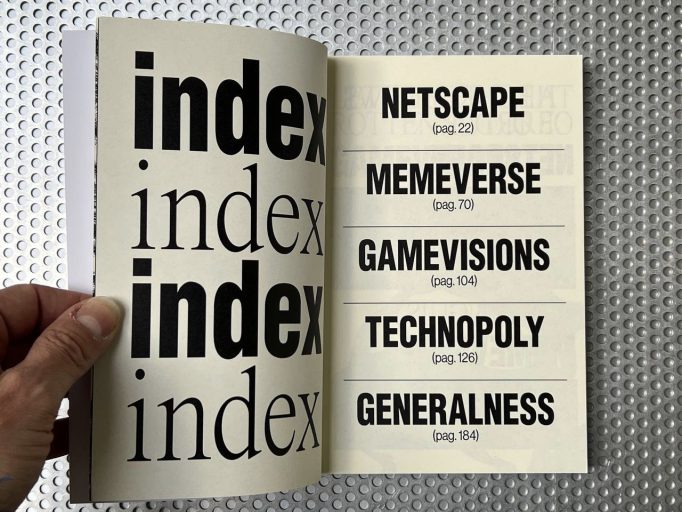
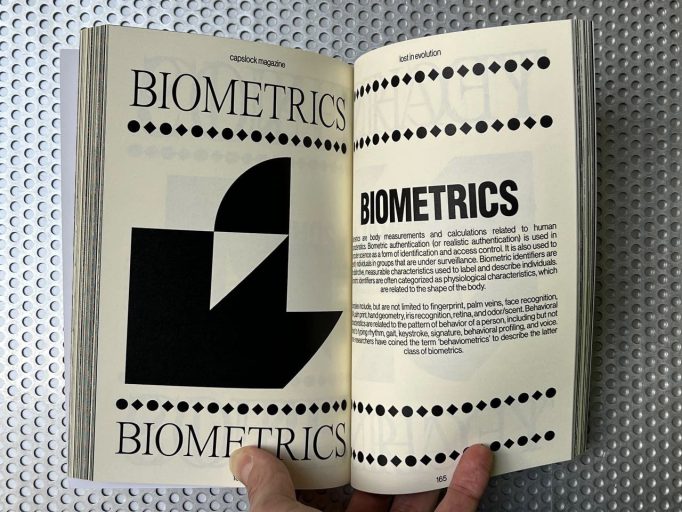
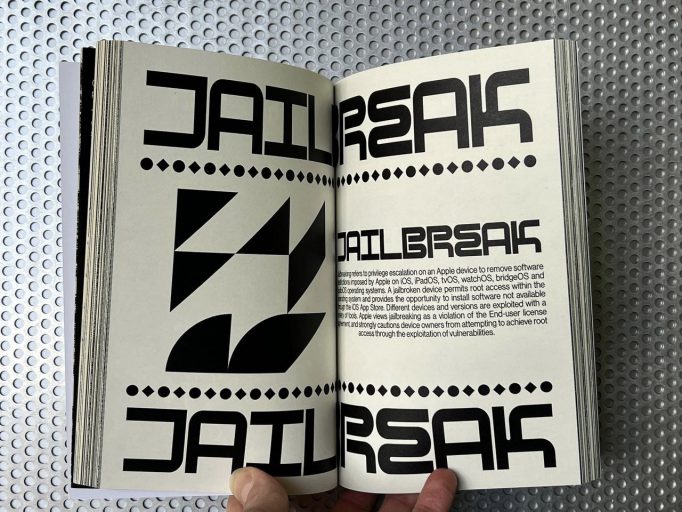
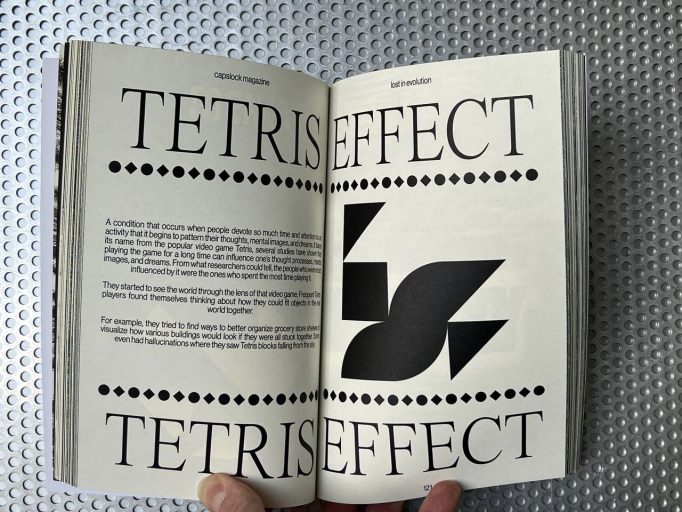
Lost In Evolution can be defined as a linguistic atlas. We collected more than 100 words that are redefining the times we live in, complete with their definition and explanation. These chapters are linked by a sci-fi novel that narrates the events of a post-apocalyp- tic future. This novel was written by us both using our human hands and with an Al-based text creator program. The final output is a cyborg-esque story where identity, language, and technology merge together in a tale that involves all of us, as part of humankind. Every term is associated with its respective Glyph, created from an algorithm-genera- ted graphic program we designed. We used an Al-image generator to create the graphics which introduce every chapter. The glyphs, combined with the Al-generated artworks, create the visual language that got Lost In Evolution.
Capslock Magazine was officially born in 2018 starting from a common vision devel- ped by a creative collective from the Vicenza area. This diverse team brings together graphic and product designers, DJs, and creatives who share a strong passion: the concept of the avant-garde, whether it can be tran- smitted to the context of technology, art, design, video games, and music. The goal of this project is to investigate every creative field from an innovative and te chronological point of view.
Order here
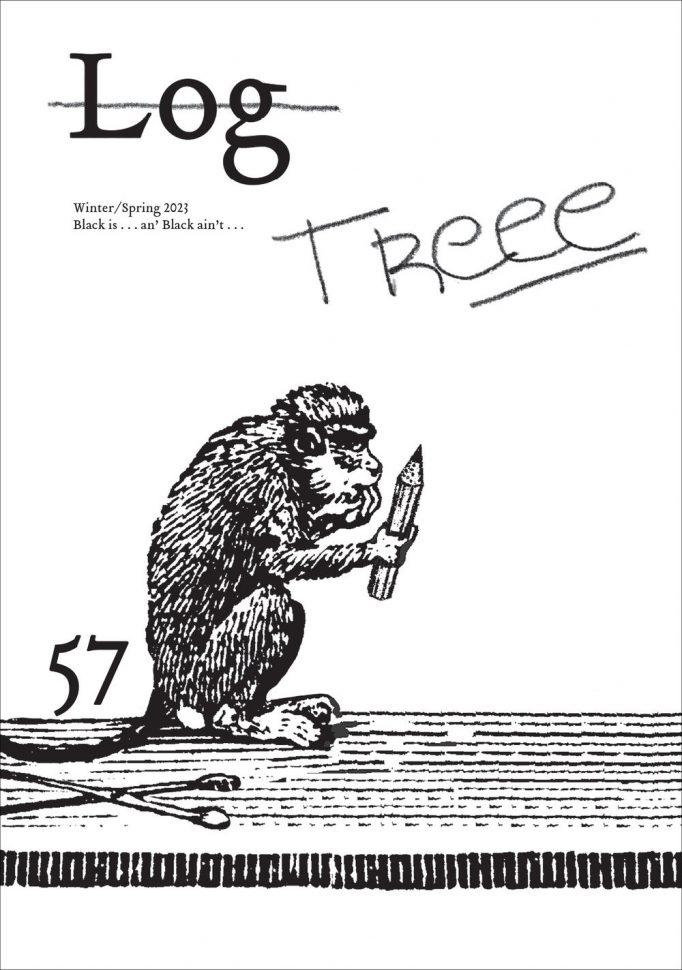




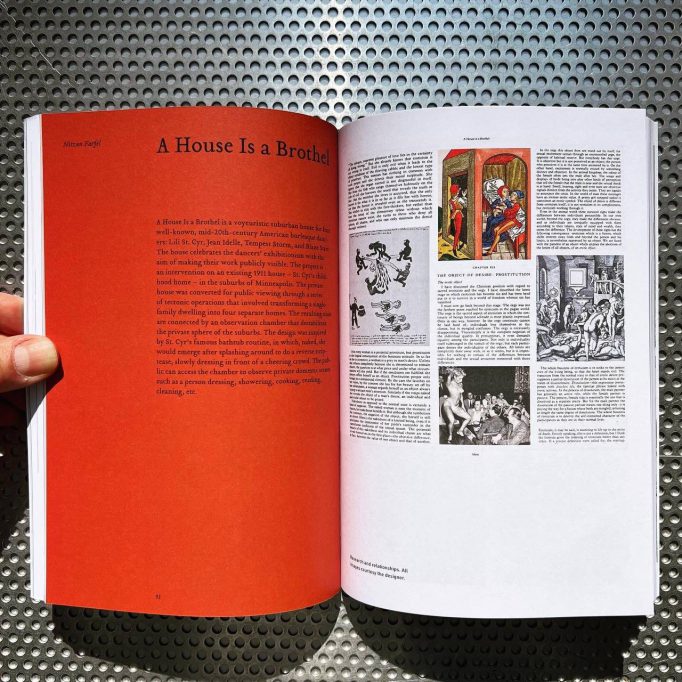




Log 57 – Black is . . . an’ Black ain’t . . .
Anyone Corporation,
USA,
Architecture,
Magazine,
“Calls for more Blackness in architecture schools can be simplistic,” writes architect Darell Wayne Fields, guest editor of Log 57. Well-meaning equity and inclusion programs often simply “associate the mere presence of Black bodies with institutional change.” In Log 57, a 208-page thematic issue titled Black is . . . an’ Black ain’t . . ., 29 authors explore the complexities of Blackness as it relates to aesthetics and architectural pedagogy. As Fields notes, “In calling for more Blackness, I, for one, am calling for more Black methodology. An inherent characteristic of [which] is a measurement of difference.”
To that end, Log 57 gathers essays and reflections on architectural pedagogies, both in academia and in practice, by Sean Canty, Michelle JaJa Chang, Ajay Manthripragada, and Mónica Ponce de León, among others. Projects by young designers for whom methodological concepts of Black Signification and bricolage are central are presented in a four-color section, and built works and a preservation effort channel difference as a generative force in real-world communities. “This work demonstrates what is possible when methodological change is real,” writes Fields. “Real change, like Blackness, makes us nervous. Black difference, however, is revolutionary.”
Contents
Chelsea Jno Baptiste, Savannah Cheung & Sahil Mohan, “VERSatile Method”
Tamara Birghoffer, “House for a House”
Kenneth Brabham Jr., “A Room for Jacob Lawrence”
Alex Cabana, “Fuller’s Spine”
Barrington Calvert, “Speakeasy for the Revolution”
Barrington Calvert & Nick Meehan, “Preservation Operations: A Guided Tour of American Legion Post 218”
Sean Canty, “All the Things You Are: Latency as an Aesthetic Practice”
Brian Cavanaugh & Darell Wayne Fields, “University of Oregon Black Cultural Center”
Michelle JaJa Chang, “Shadows and Other Things”
Eunice Chung, “Bigness and Blackness”
Matt Conway, “Drunk Datums”
Melinda Denn, “A House for Rosie Lee Tompkins”
Nitzan Farfel, “A House Is a Brothel”
Darell Wayne Fields, “Prologue to a Black Pedagogy”
Rachel Ghindea, “House for the Dead”
Mitzy González, “Nepantla: An Altar for Gloria E. Anzaldúa”
Bernardo Guerra Jr., “Asylum–Proximity”
Kaleb Houston & Hannah Terry, “Black Architecture 101”
Reese Lewis, “The Speculative Devaluation of 270 Park Avenue”
Ajay Manthripragada, “A Double Untying”
Sydney Rose Maubert, “the gate: the erotics of Black worship”
Nick Meehan, “House for No One”
Christina Moushoul, “A House for Sitcoms”
Rudabeh Pakravan, “Building Fronts”
Mónica Ponce de León, “Modest Ambitions”
Elizabeth Grace Siqueira, “House for Friars”
Eunice Takahaye Slanwa, “A House for Mary and Ayak”
Order here
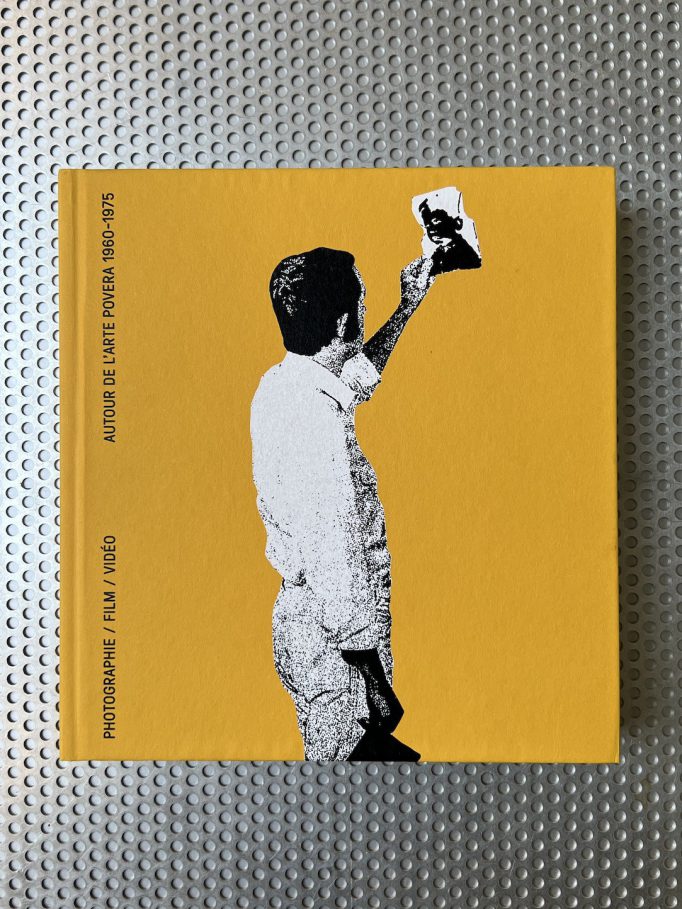
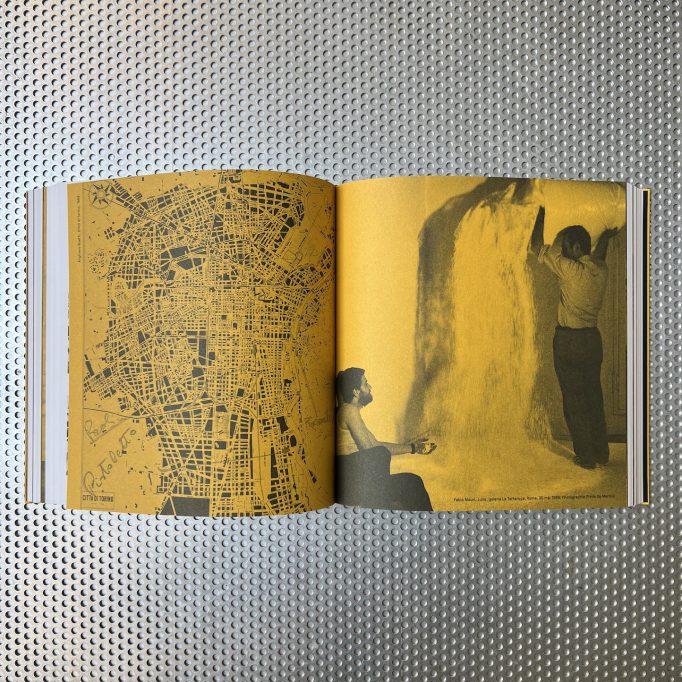
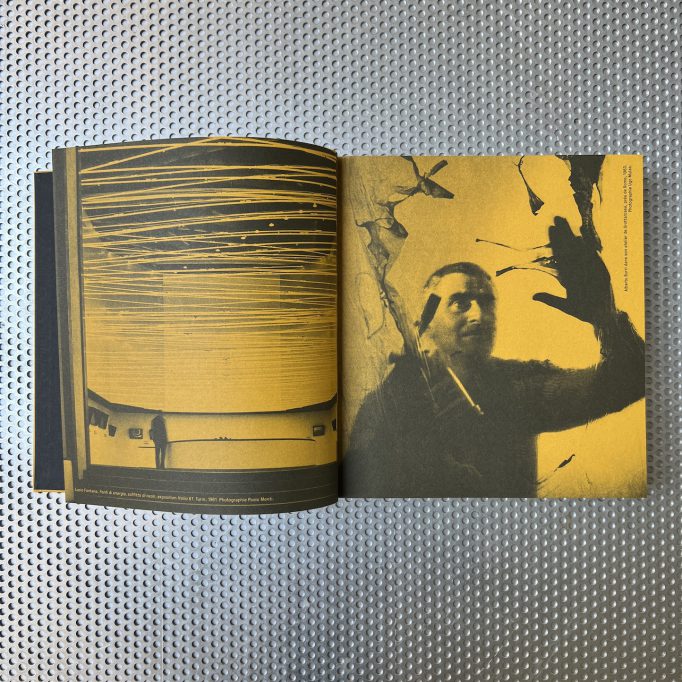

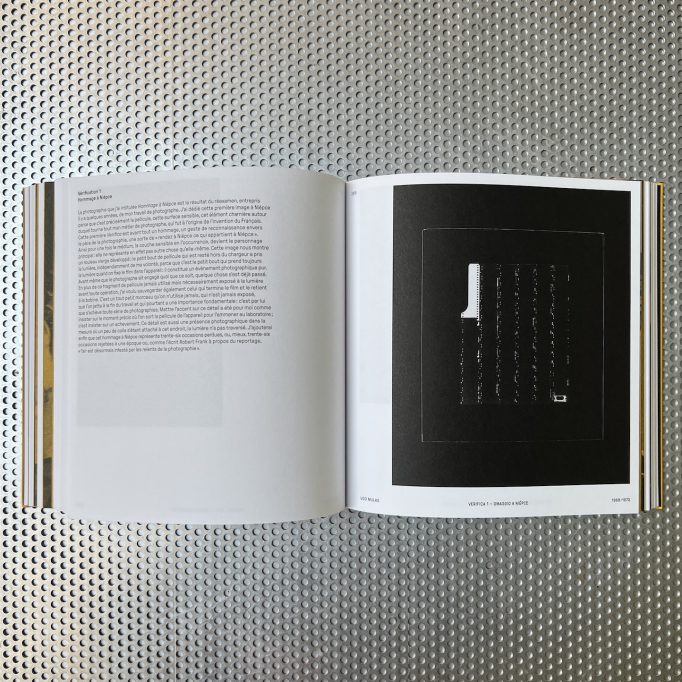

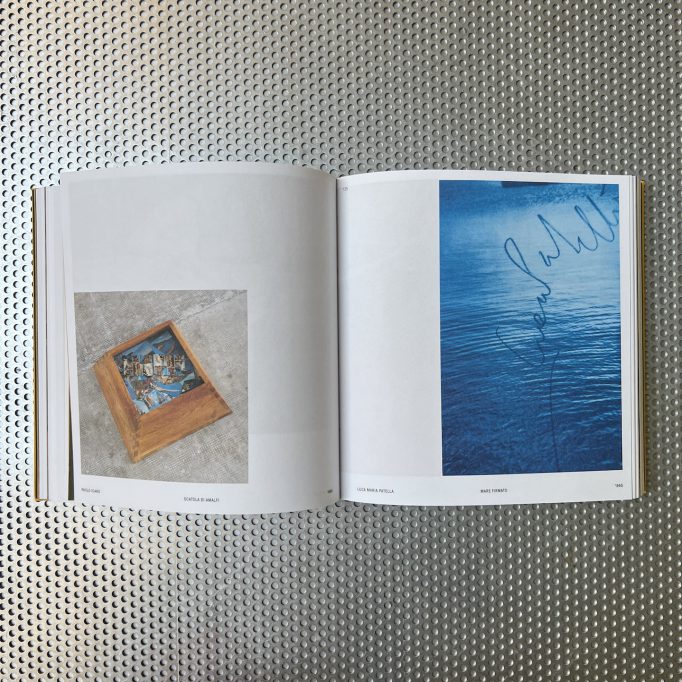

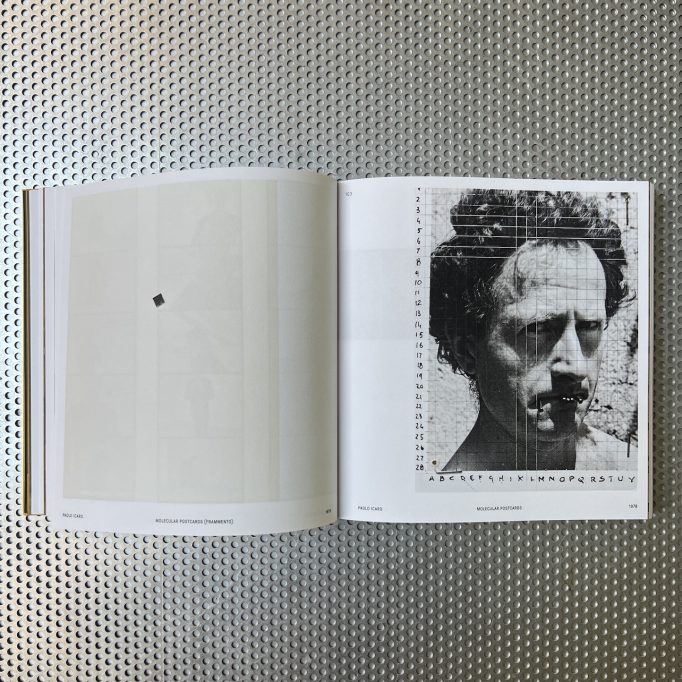

Fruit de longues recherches dans les archives des artistes, l’ouvrage sera doté d’une riche documentation et offrira une relecture inédite de la production artistique italienne entre 1960 et 1975. Apparu dans les années 1960 en Italie, l’Arte Povera est une démarche artistique ; davantage une attitude qu’un mouvement. Théorisé par Germano Celant en 1966, l’Arte Povera s’inscrit dans une volonté de défiance à l’égard des industries culturelles, portée par une nouvelle génération d’artistes incarnant des manières inédites d’appréhender l’art et la création.
S’opposant à la consommation de masse et réhabilitant la place de l’homme et de la nature dans l’art, l’Arte Povera en renouvelle les thématiques (l’homme, la nature, le corps, le temps), les matériaux (naturels, de récupération, périssables), les techniques (artisanales), les gestes et l’intention. Il s’agit de repenser les critères d’esthétisme, de se défaire des artifices, de revenir à l’immédiateté des émotions et des sensations.
A travers la production de livres, d’affiches, de projections et d’impressions sur toile, les artistes italiens de cette époque se sont appropriés le pouvoir narratif de l’image photographique et filmique afin d’explorer de nouveaux possibles de l’art. Transdisciplinaires, mêlant photographies, films, vidéos, affiches, livres, objets, sculptures et peintures, l’ouvrage, qui l’accompagnera l’exposition, présentera plus de 300 oeuvres de figures majeures de l’Arte Povera, parmi lesquelles Giovanni Anselmo, Alighiero Boetti, Luigi Ghirri, Jannis Kounellis, Piero Manzoni, Mario Merz, Giuseppe Penone, Michelangelo Pistoletto…
Conçu comme un livre d’art et non comme un catalogue d’exposition, il donnera à voir l’extraordinaire richesse d’une période où les artistes italiens ont compté parmi les plus importants interprètes de la transformation des langages visuels. Ce nouveau regard sur une démarche artistique majeure des avant-gardes du XXe siècle proposera également une immersion visuelle dans le contexte politique et culturel de l’époque avec des portfolios dédiés au cinéma, théâtre, soirées littéraires, extraits de presse présentant les grands enjeux socioculturels d’alors.
Order here
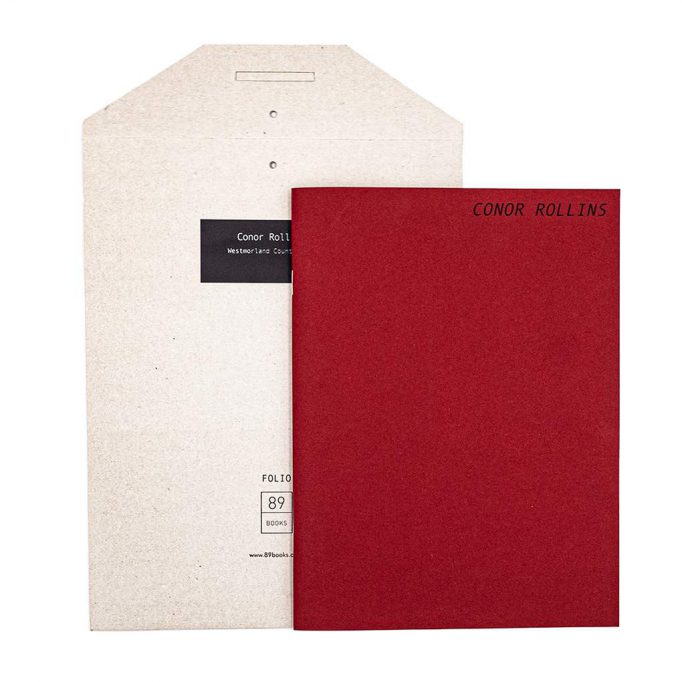
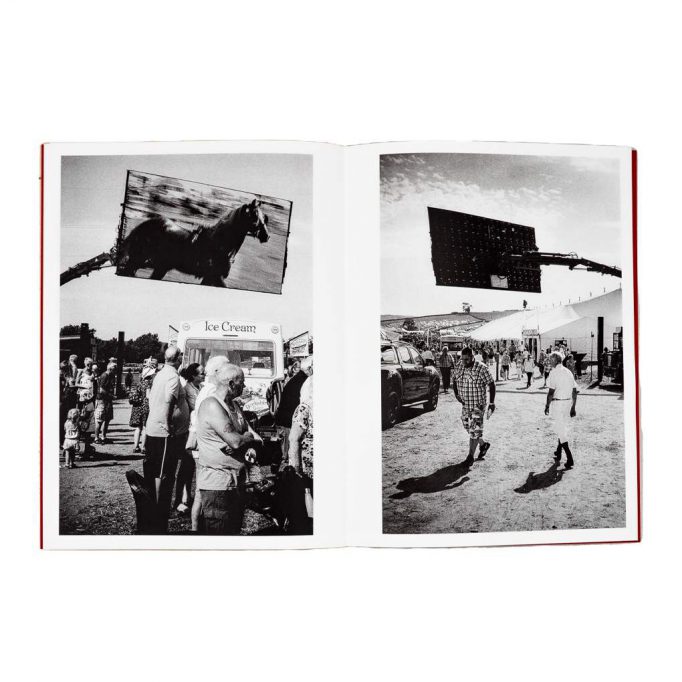
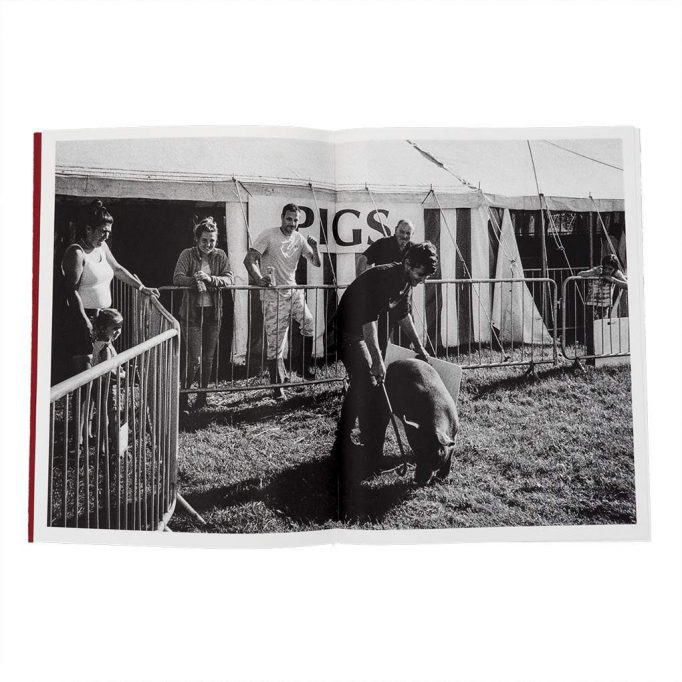
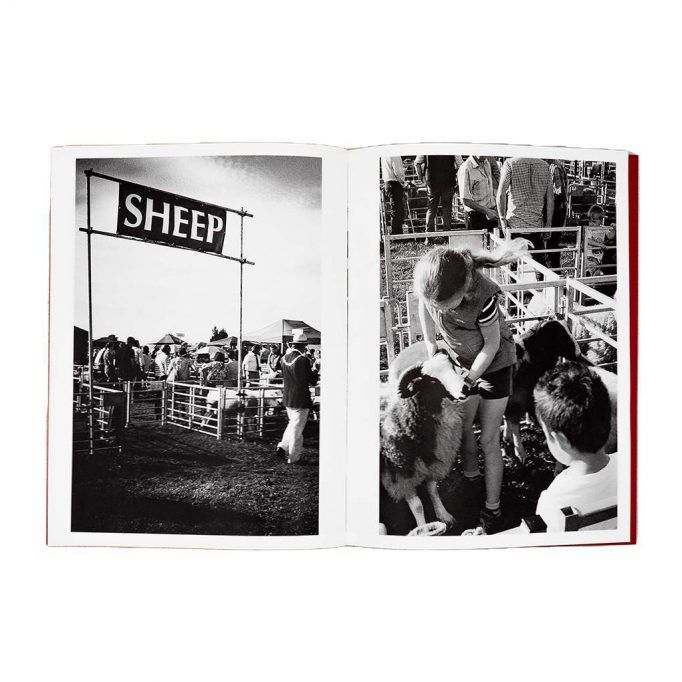
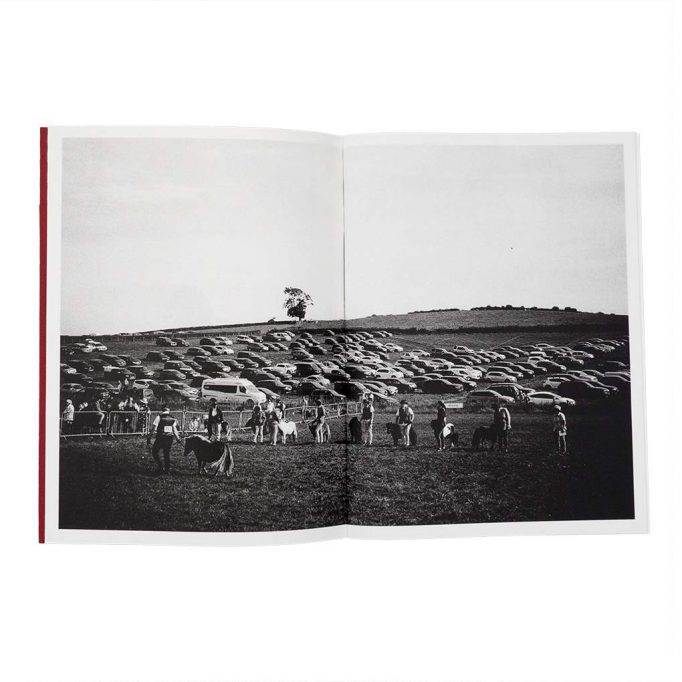
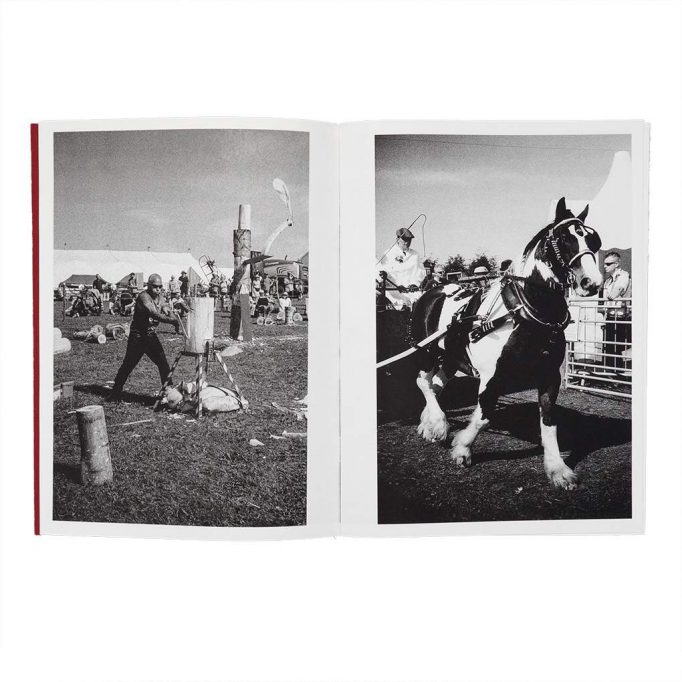
The Westmorland County Agricultural Society ‘WCAS’ was established in 1799, and for over 200 years has survived world wars, recessions and the Great British weather to establish itself as one of Britain’s oldest livestock agricultural events. Located on the fringes of the Lake District, Westmorland County Show has showcased rural life to the masses. The project aims to highlight the contrasts found at an event where farming communities, tourists, competitors, VIPs and shoppers explore the land in their unique ways. Through grainy black and white 35mm film, the intention was to blur the suggested timeframe by playing with the unusual sights, outfits and activities found when livestock and different communities interact in a field.
Order here
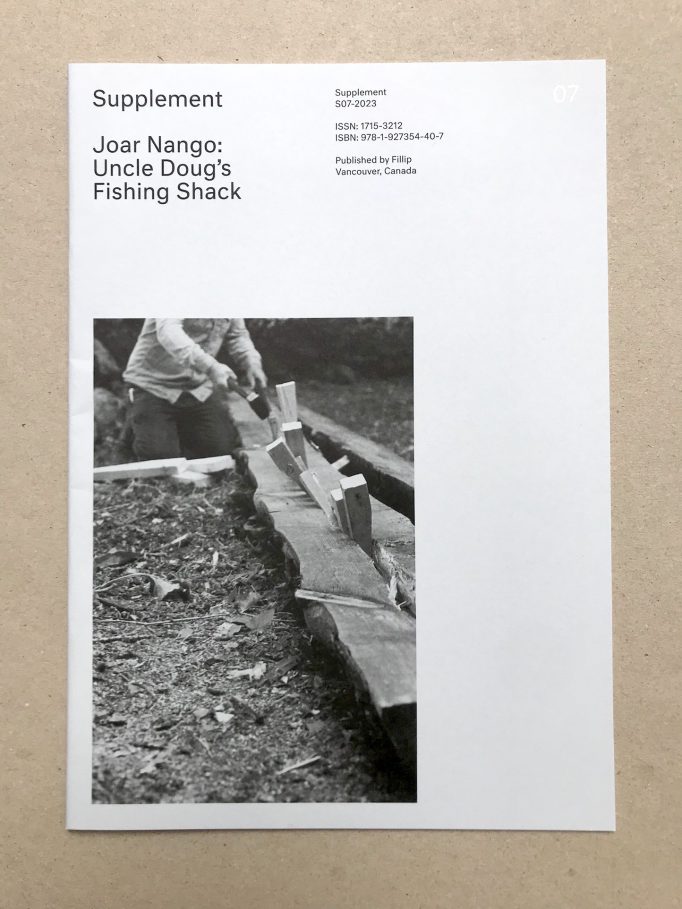
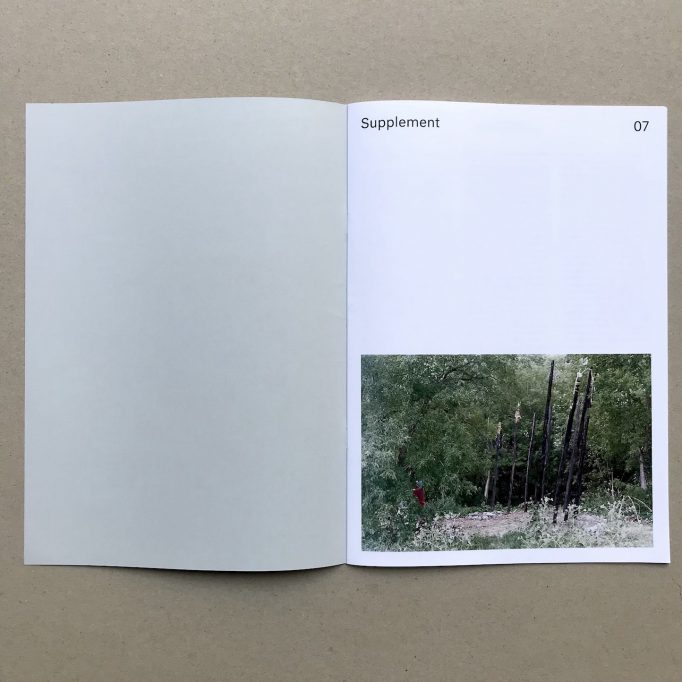
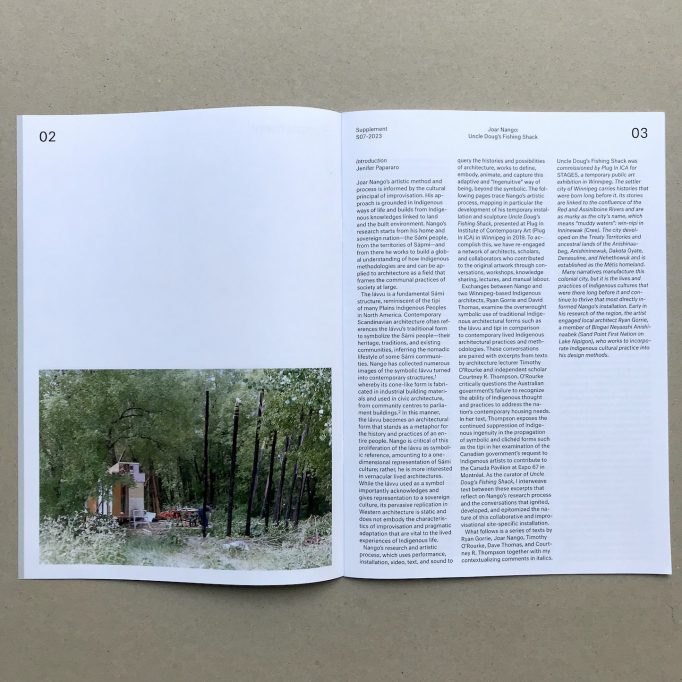


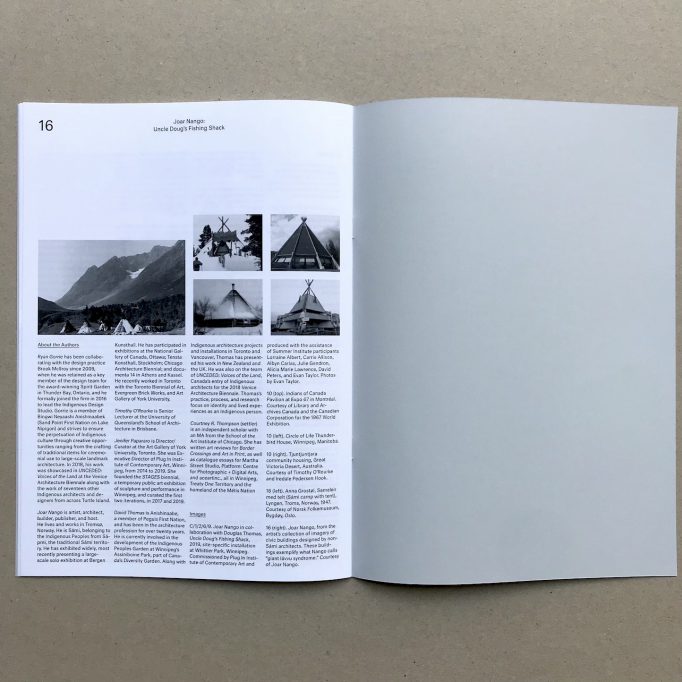
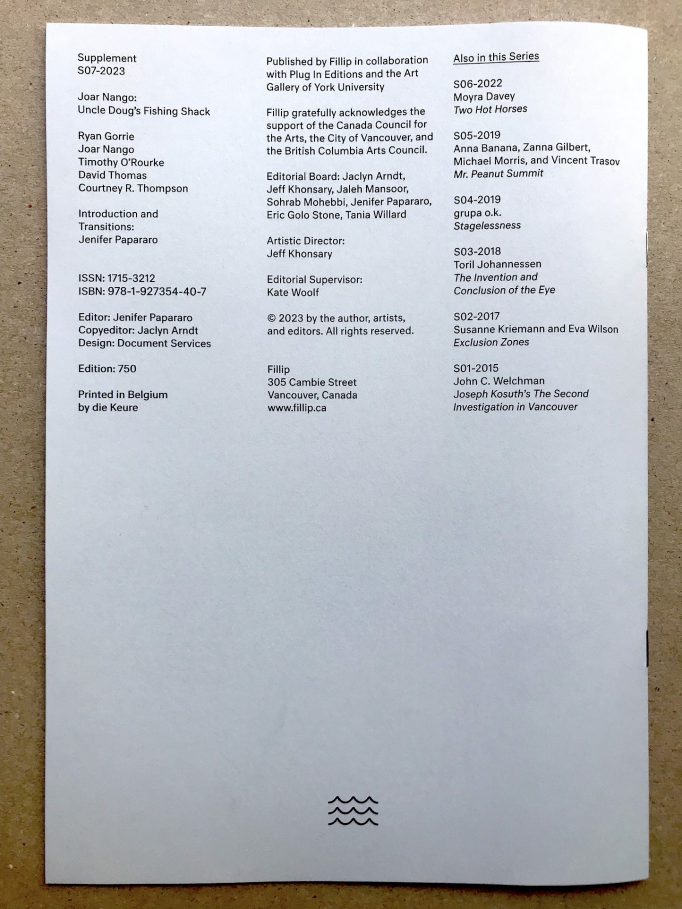
Supplement 07: Joar Nango: Uncle Doug’s Fishing Shack
Fillip is pleased to announce the release of Uncle Doug’s Fishing Shack, with contributions by Joar Nango, Ryan Gorrie, Timothy O’Rourke, David Thomas, Courtney R. Thompson, and Jenifer Papararo.
Supplement 7 traces Joar Nango’s artistic process, mapping the development of his temporary installation and sculpture Uncle Doug’s Fishing Shack presented at Plug In ICA (Winnipeg) in 2019 as part of Stages. The publication features an interview between Nango and Indigenous architect David Thomas about an abandoned military barracks’ transformation into Canada’s largest urban reserve. It also includes a short essay by Indigenous architect Ryan Gorrie, in which he examines Circle of Life Thunderbird House in Winnipeg, designed by renowned Indigenous architect Douglas Cardinal. These texts are paired with critical writings by architecture lecturer Timothy O’Rourke and architecture scholar Courtney R. Thompson, who detail accounts of governmental suppression of Indigenous architectural and artistic ingenuity in both Australia and Canada.
Order here
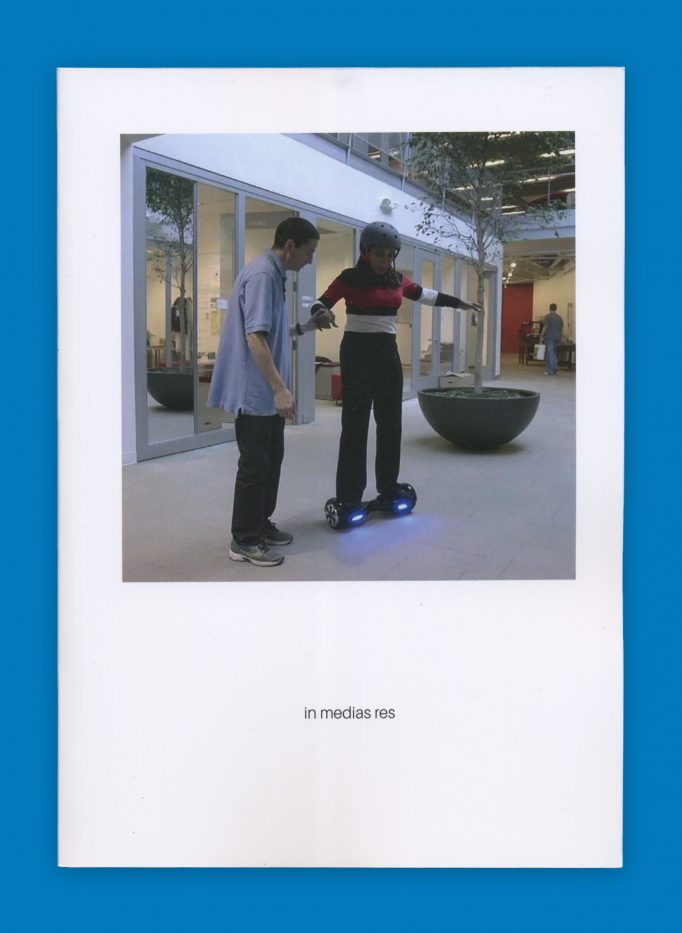
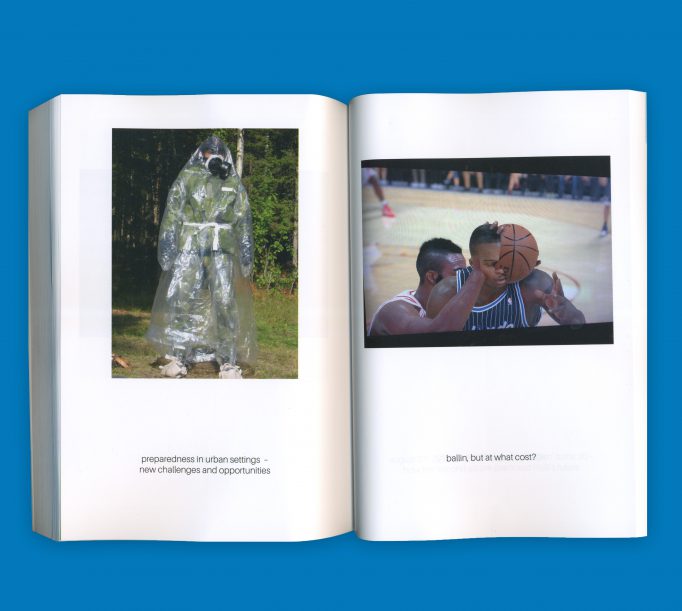
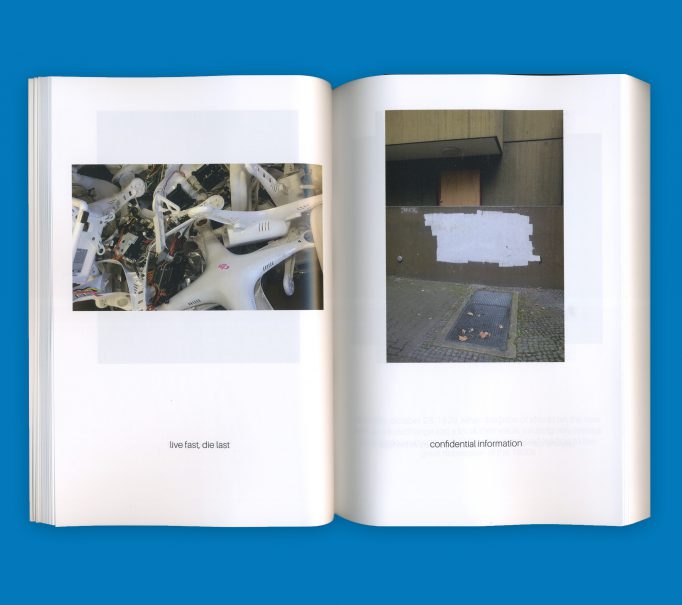
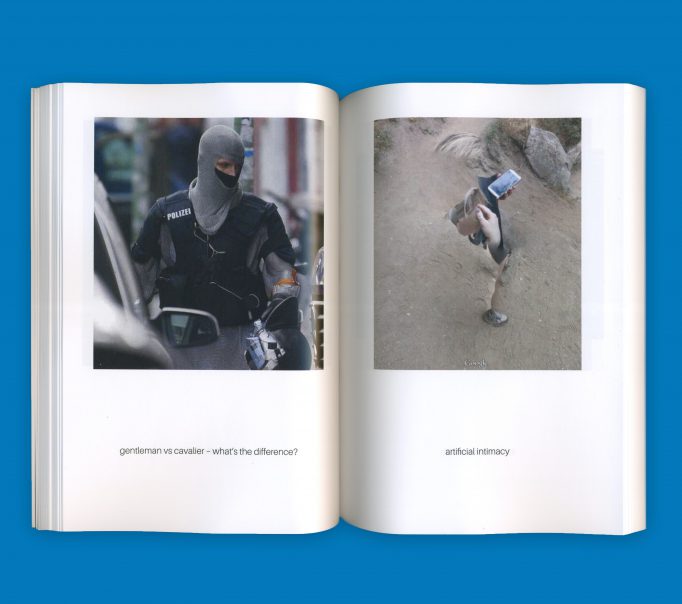
in medias res is an ongoing selective collection of seemingly random online images as well as self-taken screenshots and photography. Featuring a selection of over 1200 pictures out of the personal archive, it deals with patterns of recognition, appropriation and contextualization of (popular) cultures. By reproduction through means of hard copy a shift of attention shall be provoked (in favor of THE IMAGE).
Following musical techniques of plunderphonics, the mode of situating and framing finds manifestation from 15th century renaissance art (emblem) through to present operating principles of the social media online platform instagram (hashtags).
Focusing on reciprocal influence and interference between text and image, the project aims to intentionally subvert cultural codes of visual content and wording by allegory and metaphor.
Associated figures of thought, socio-political terms, new slang, ambiguous terms of marketing and connotated phrases are addressed to expand (semiotic) nuances and undertones of modern day society (consumer culture, mainstream-noise, fashion-dynamics, politics / environmental issues), thus to challenge ways of perception of cultural sets of phenomena (meme)..
Of course, a certain sense of humor is a substantial attitude of indifference to ride the jittering stream that shapes contours of global scenes of references and re-production of “meaning” through poor images.
in medias res is a context bundle.
in medias res is a deep learning process.
in medias res is highly subjective.
Order here
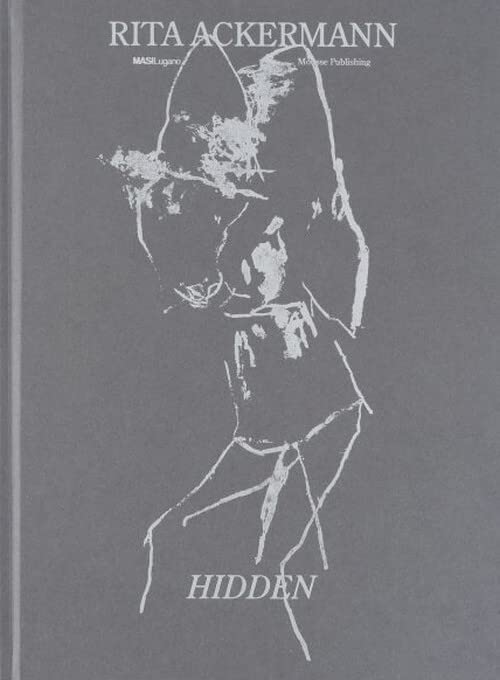
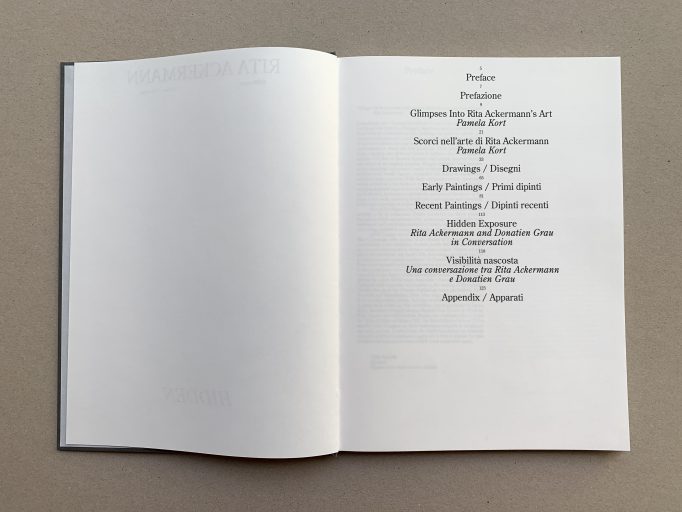
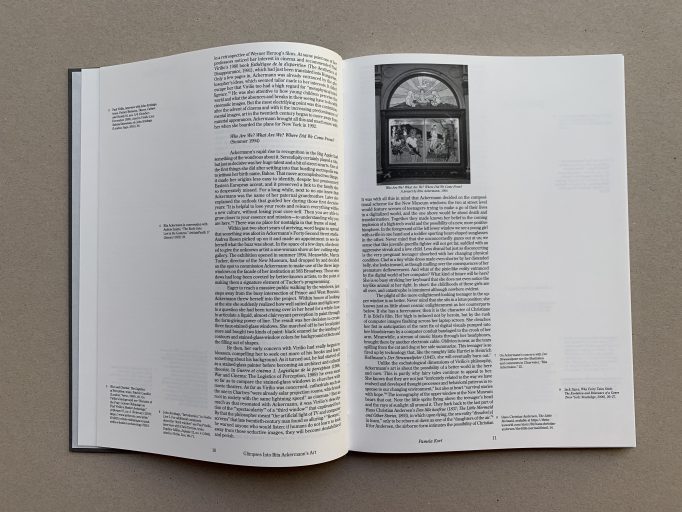
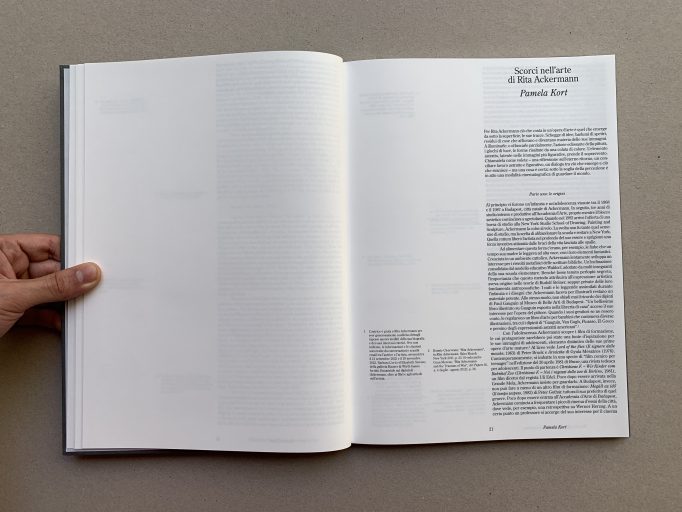
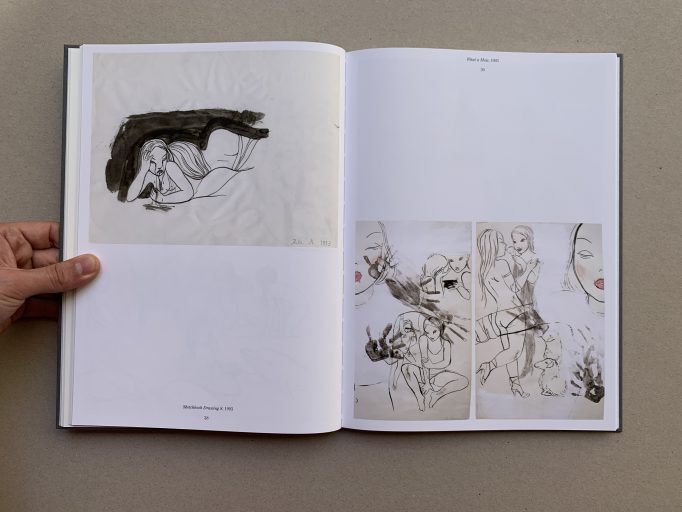
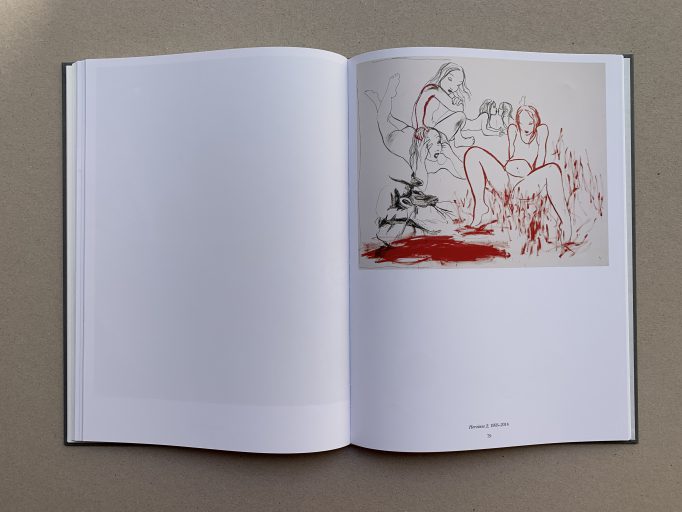
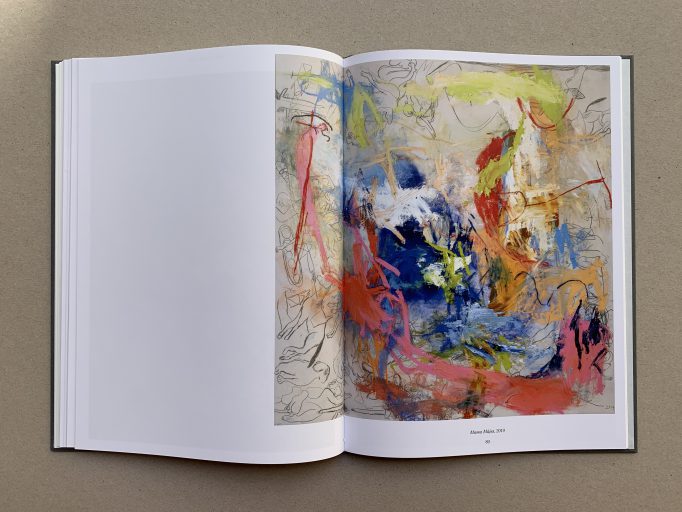
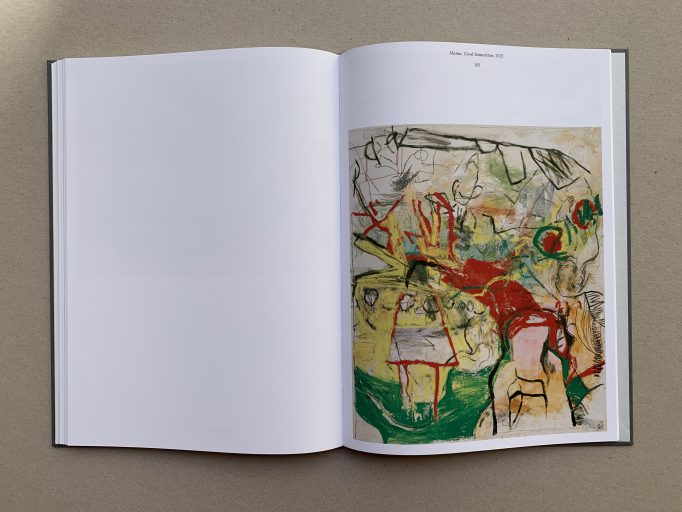
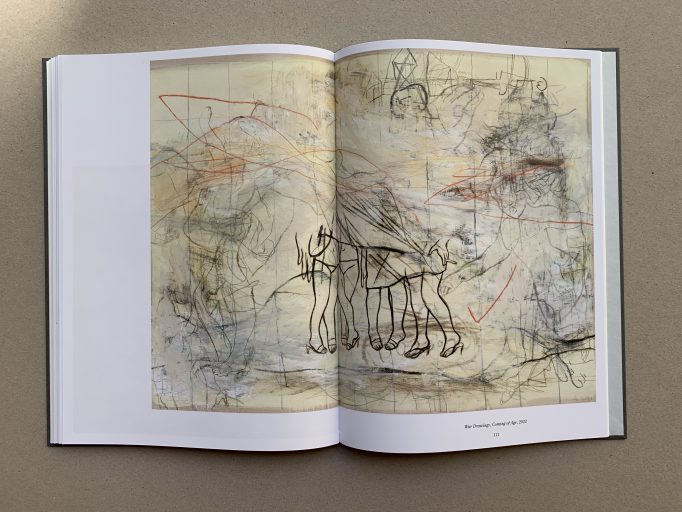
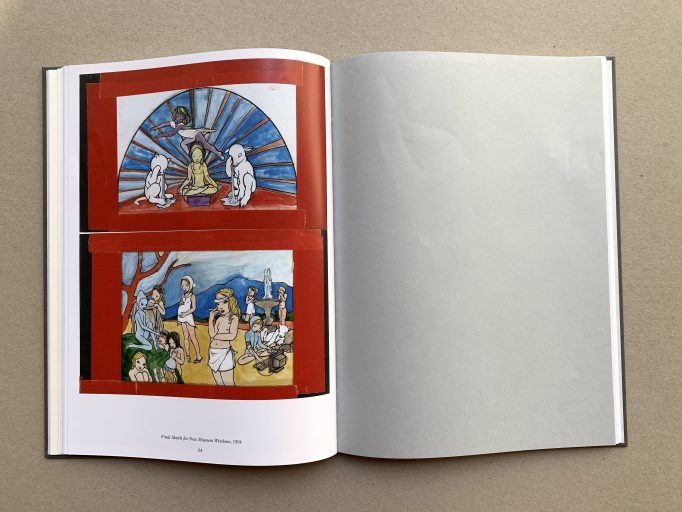
“Things can be freer and reach higher when they conceal themselves.”–Rita Ackermann
Rita Ackermann was born in Budapest in 1968 and today lives and works in New York. Arriving in America from Hungary in the early 1990s, she is immediately faced with a major challenge: to be able to survive in a foreign country as a young artist, she must be able to integrate the aesthetics of her cultural background together with what the new country offers her in her artistic practice. Her first drawings and paintings made between 1993 and 1996 show adolescent female figures multiplied within the composition and engaged in various self-destructive activities, expressed to the public through understandable and direct language. About twenty years later Ackermann abandons the figure and develops the series of works he entitles Mama, a set of compositions in which lines and gestures, figures and motifs rise to the surface of the canvas to then dissolve and reappear elsewhere. On the occasion of the exhibition at MASI Lugano, in 2022 Ackermann begins a new series of paintings entitled War Drawings, where oil, grease pencil and acrylic are heavily worked on rough linen canvas. In these works, the figures get lost and the lines are scraped away to reveal fragmented compositions.
Published on the occasion of the artist’s solo exhibition at the MASI in Lugano, entitled Hidden, this book contains reproductions of all the works in the exhibition and others selected personally by the artist.
Text by Pamela Kort, a conversation between Rita Ackermann and Donatien Grau.
Order here